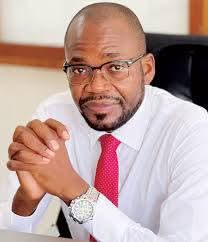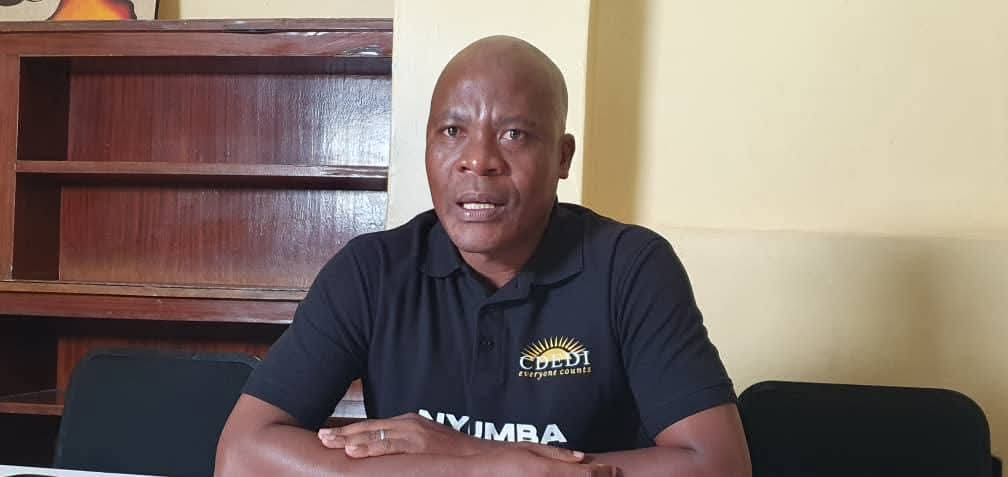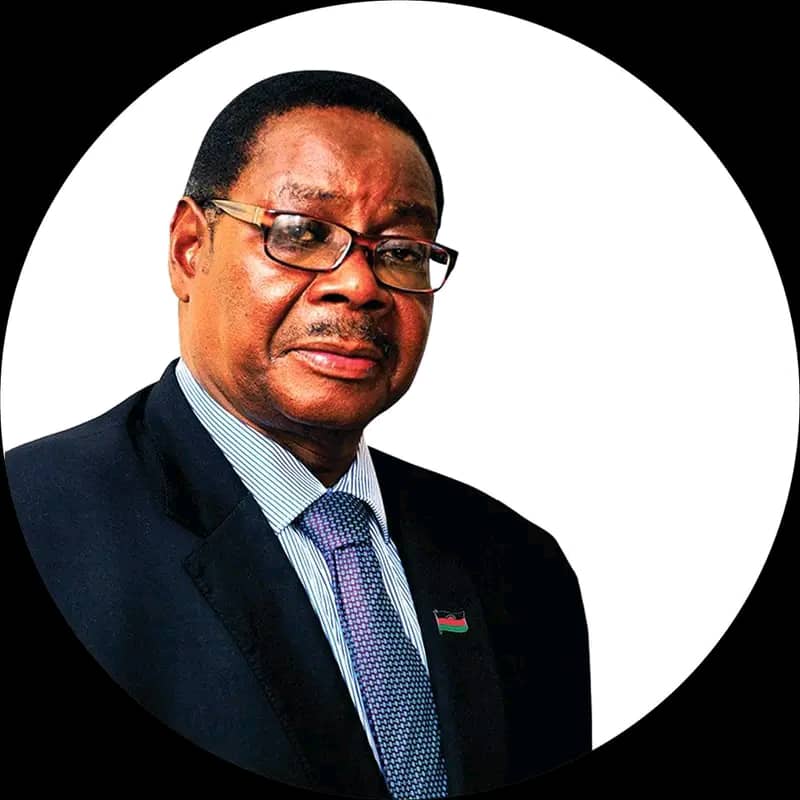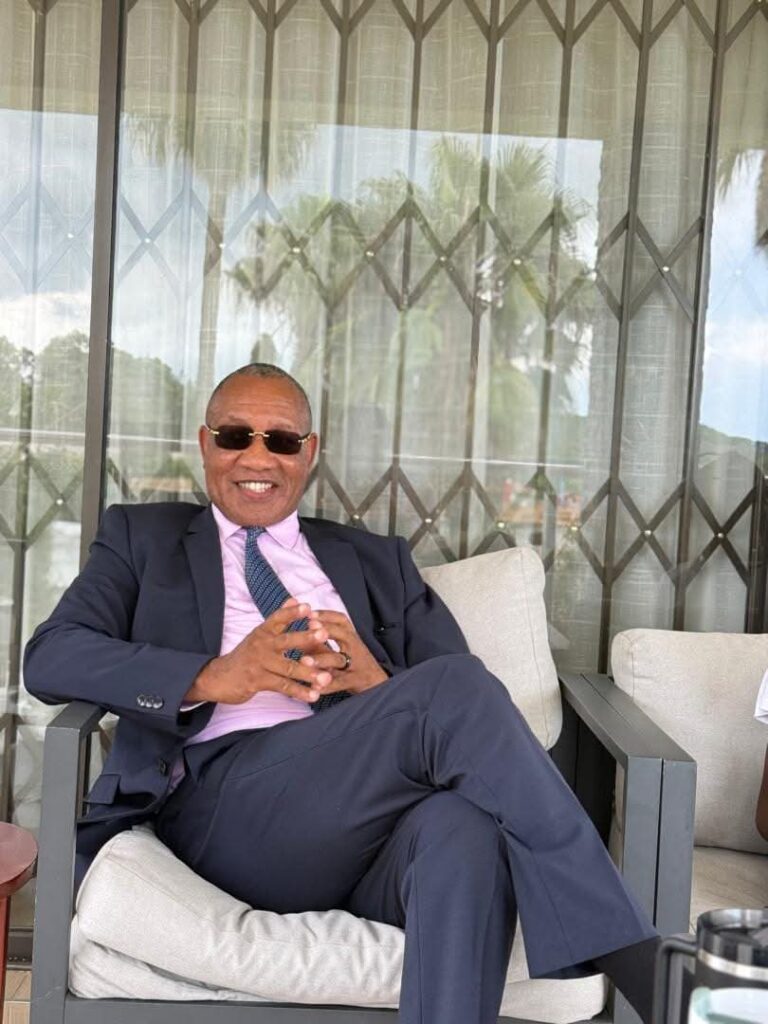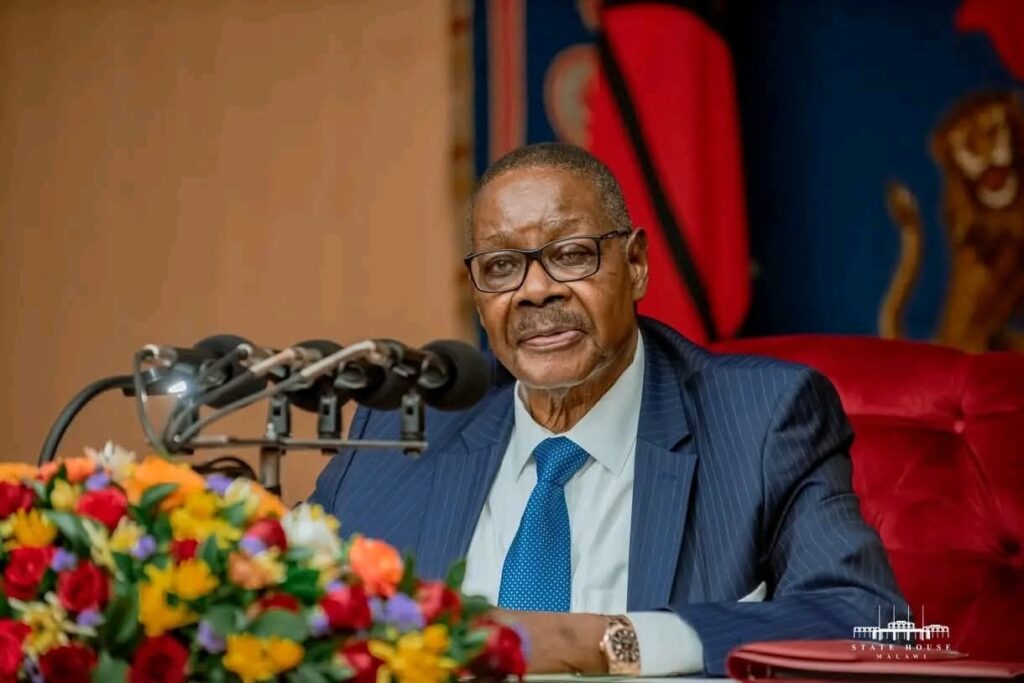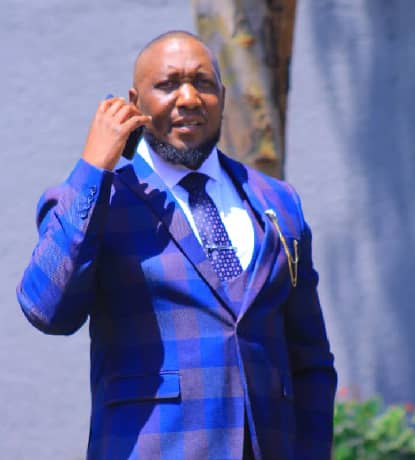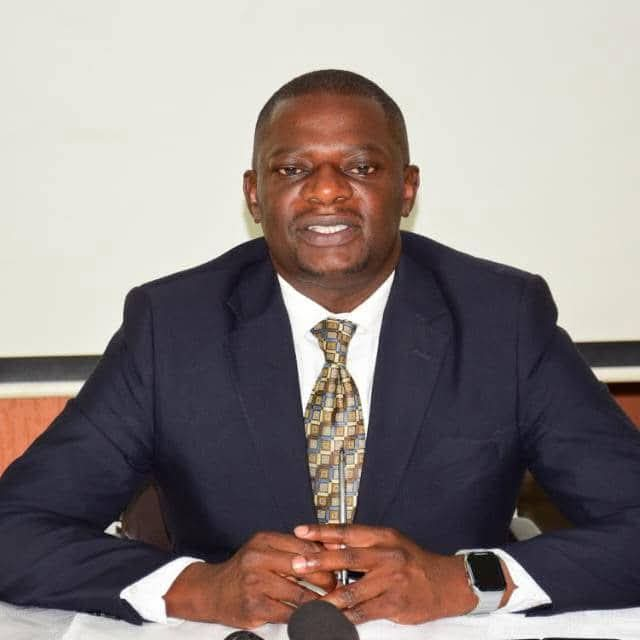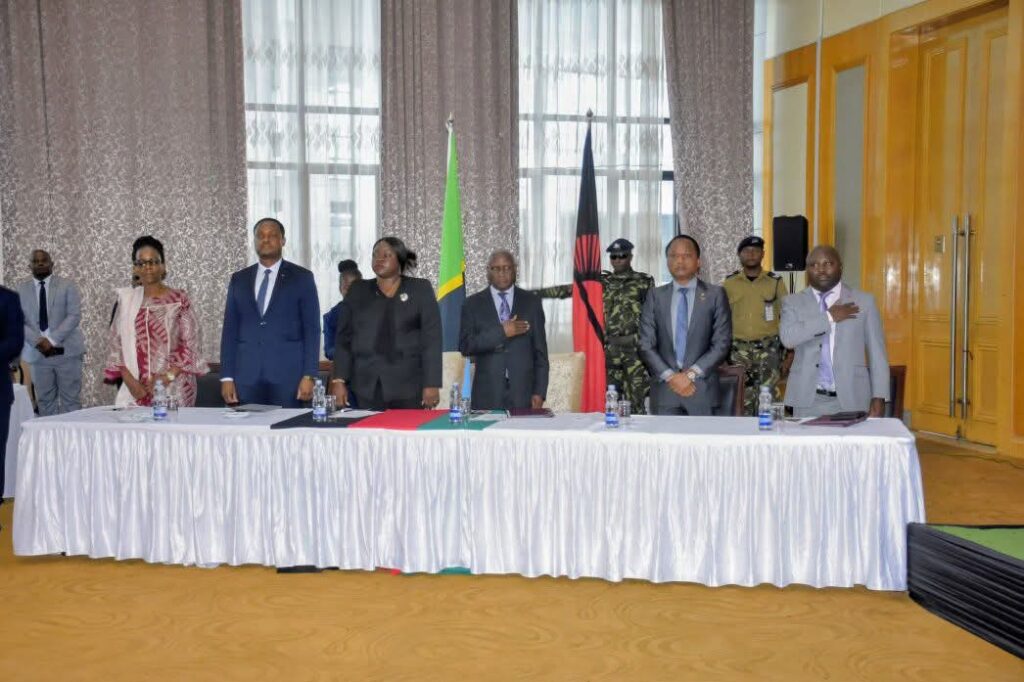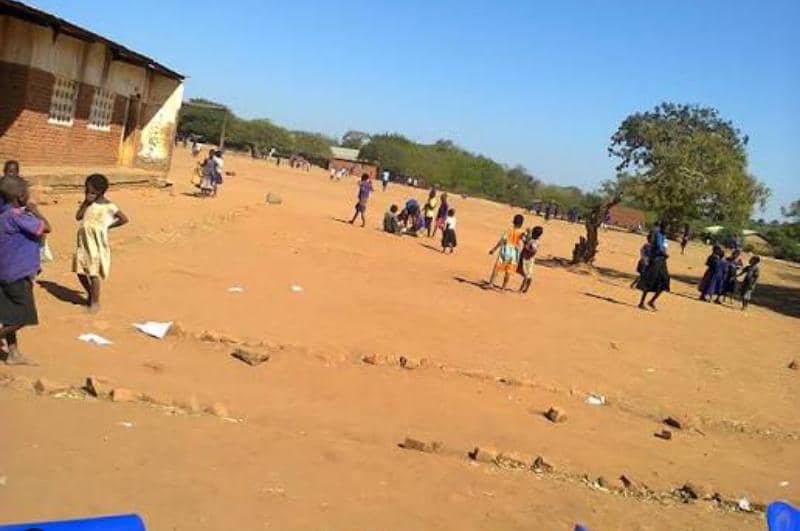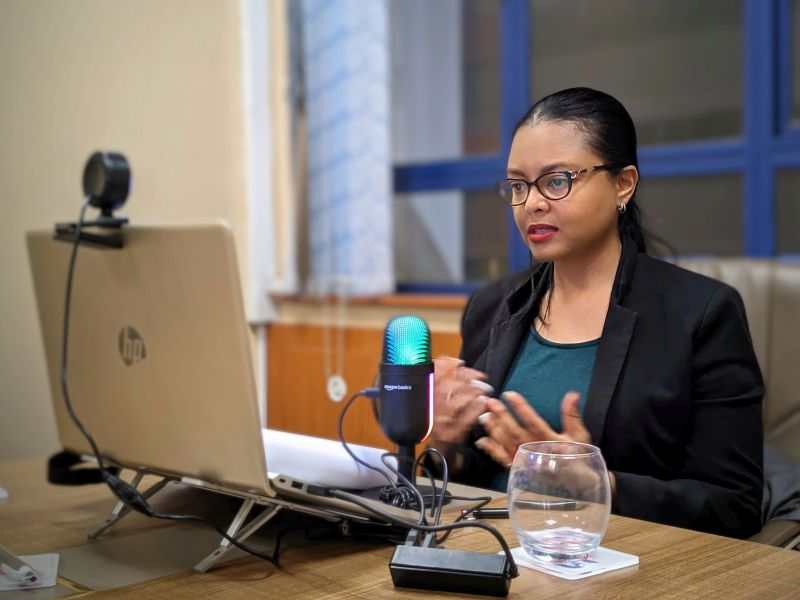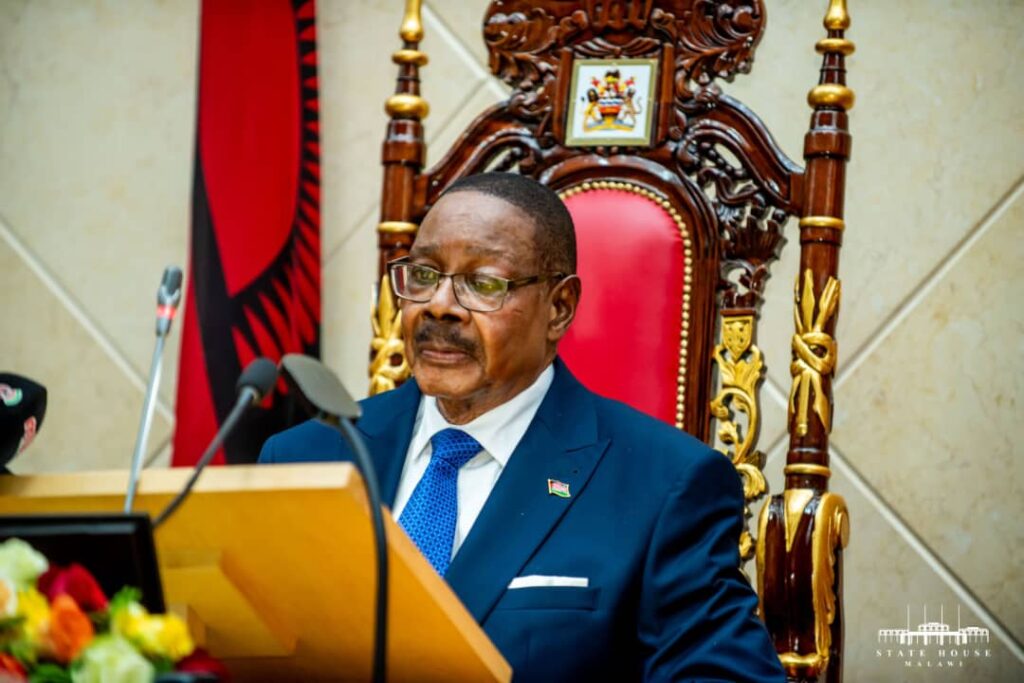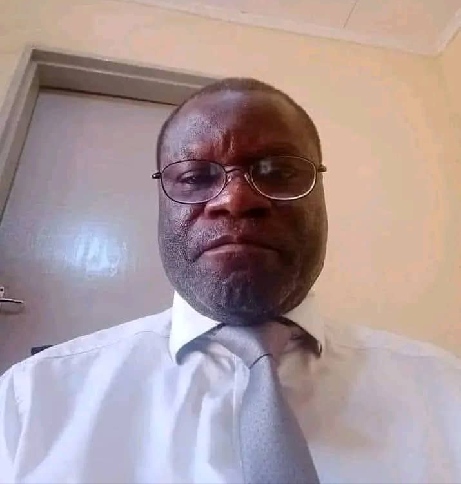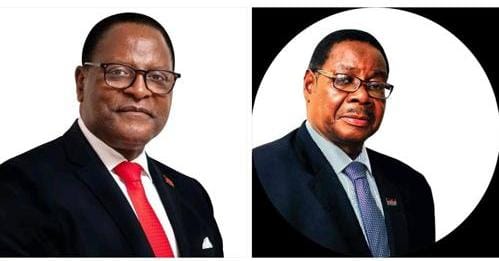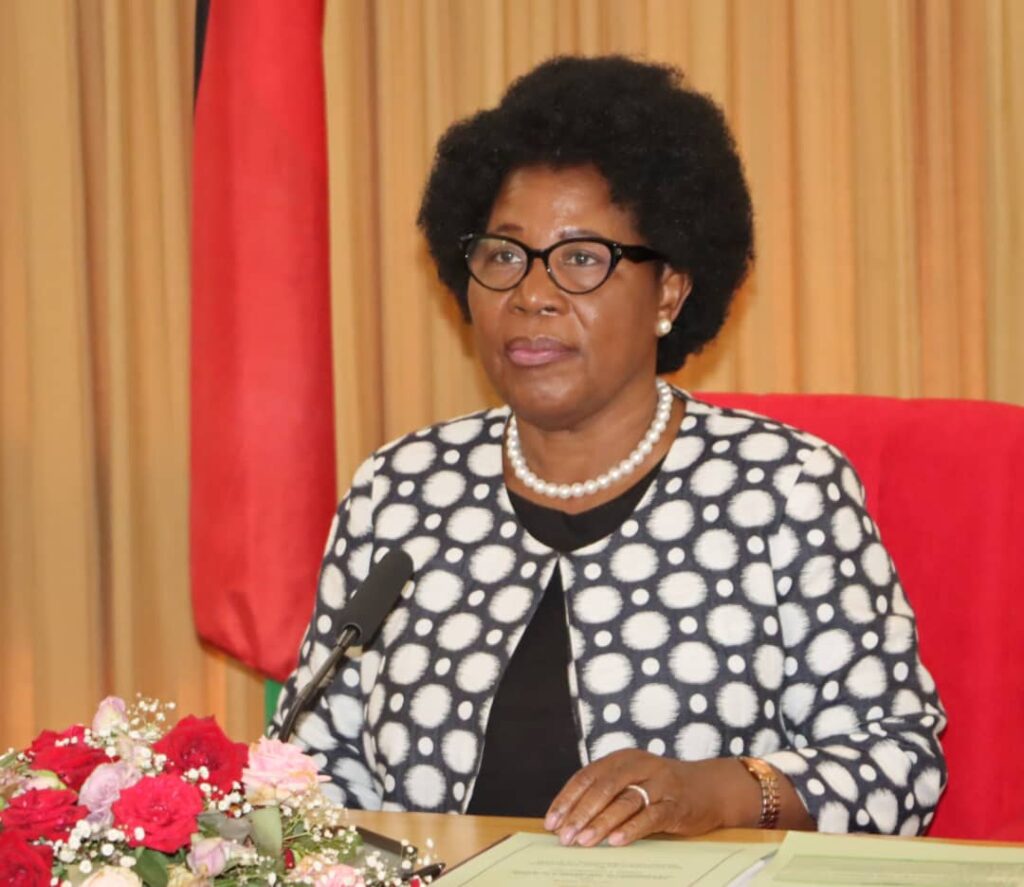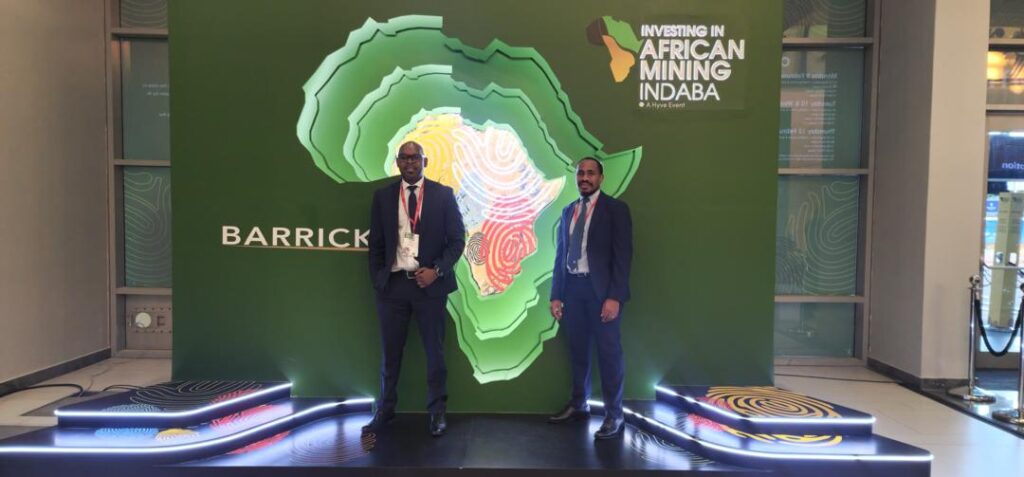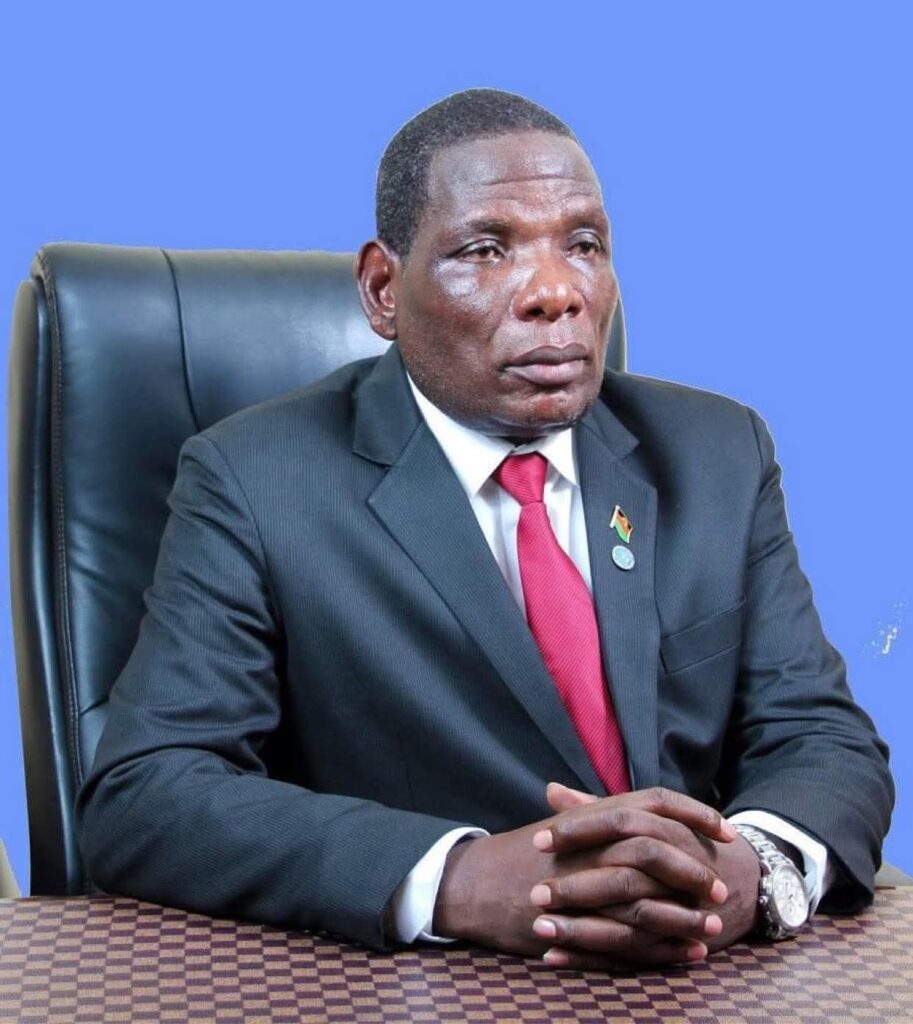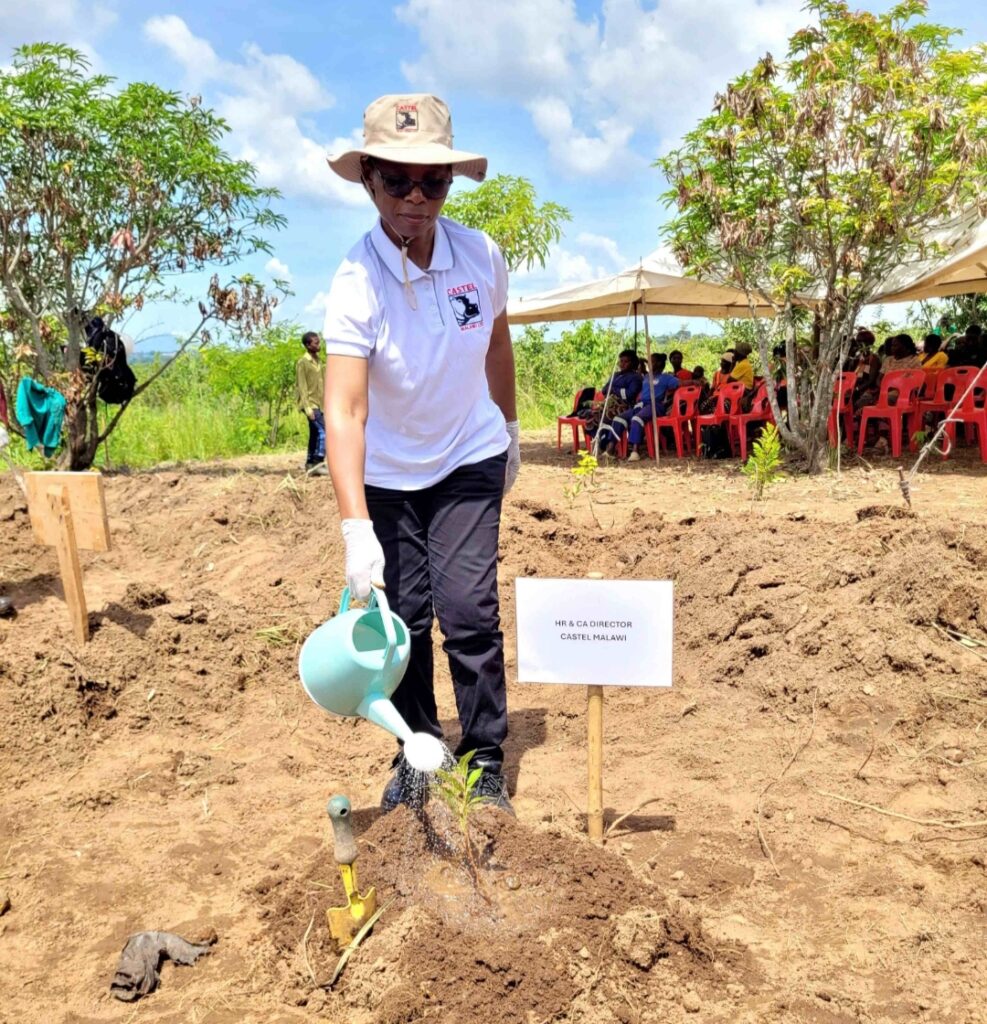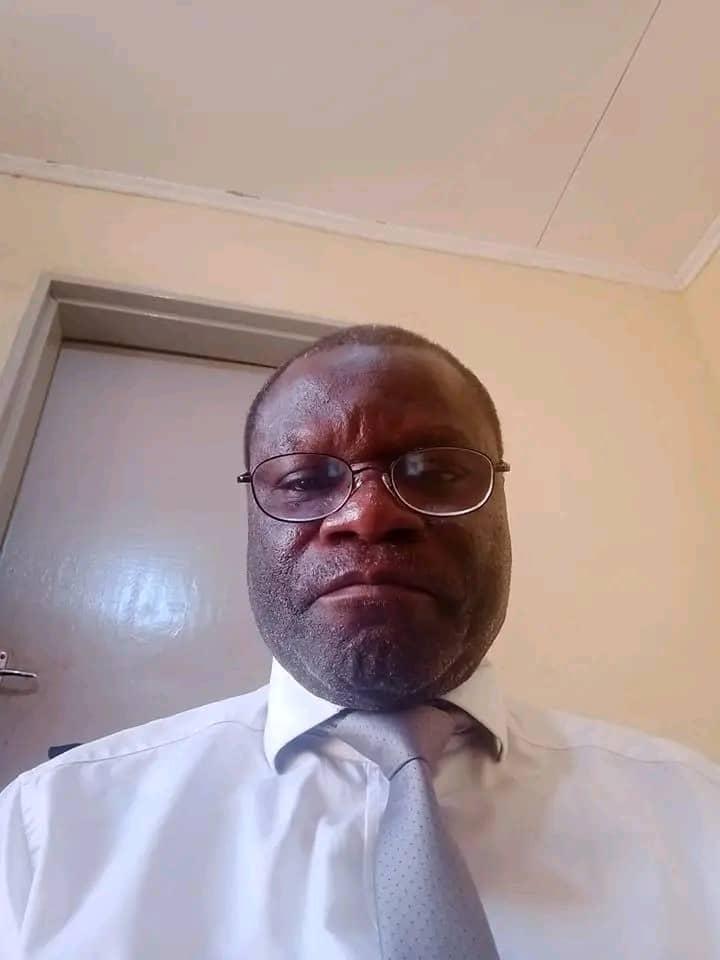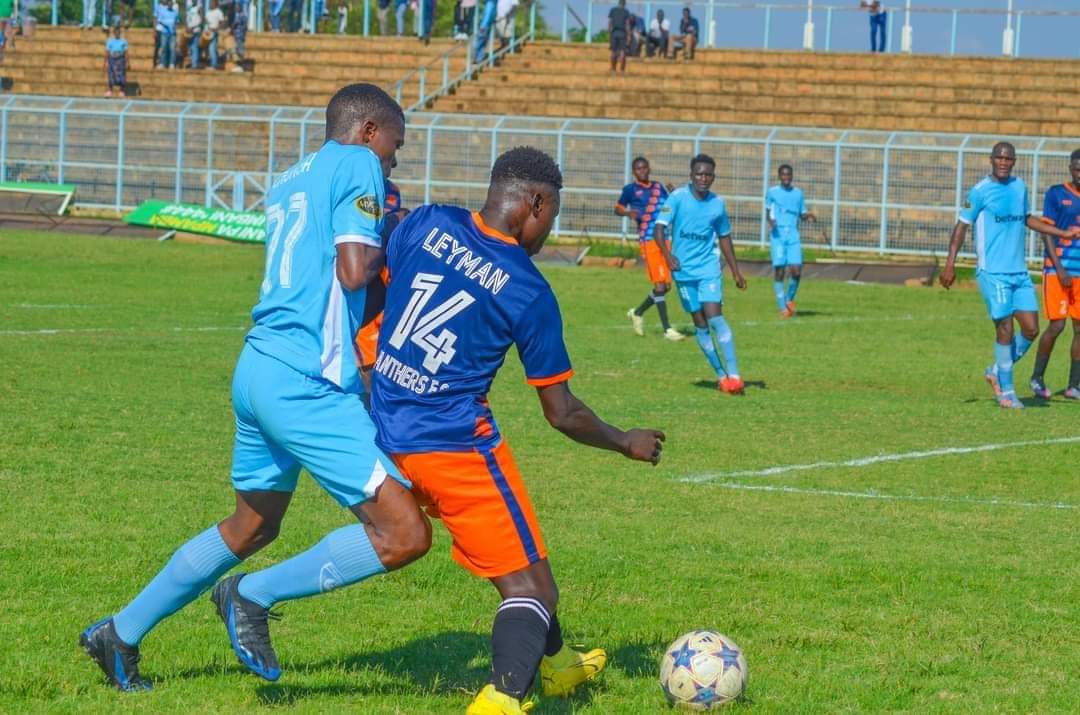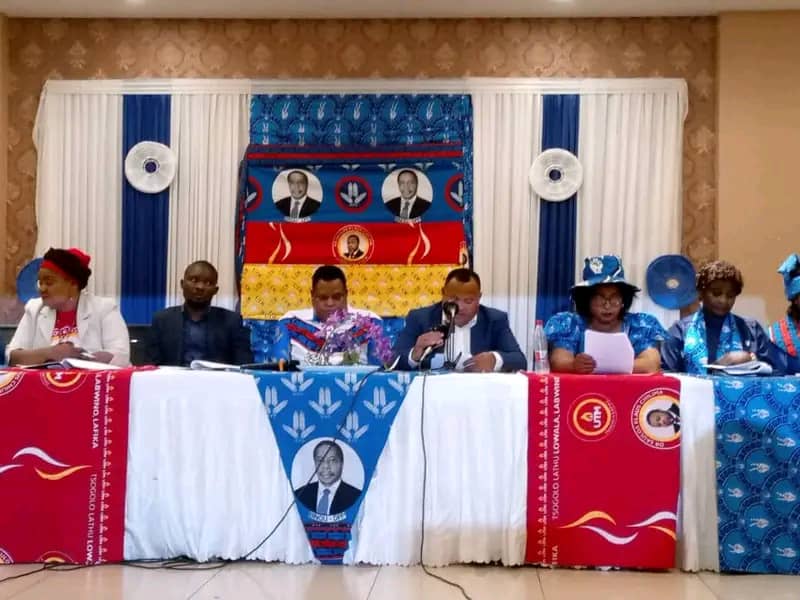By Burnett Munthali
Government spokesperson Moses Kunkuyu has attributed some of the challenges faced by the Malawi Congress Party (MCP)-led administration to damages caused during the Democratic Progressive Party’s (DPP) time in office. Kunkuyu was responding to remarks made by DPP leader Peter Mutharika, who, during his address to Malawians yesterday, criticized the MCP government for failing to govern effectively. Mutharika claimed that only the DPP could resolve the pressing issues currently affecting the country.
Kunkuyu refuted these claims, emphasizing that many of the problems the MCP government is grappling with were inherited from the previous regime. “The damage caused under the DPP’s leadership is significant, and it continues to affect progress in various sectors. The MCP government has had to invest time and resources to fix these issues while still pushing forward with its development agenda,” Kunkuyu stated.
This exchange of accusations between the two major political parties has reignited debates about leadership performance and accountability in Malawi’s governance. While the DPP insists that the MCP has failed to deliver on its promises, the MCP maintains that the current hardships are a result of systemic issues rooted in the previous administration.
Adding to the debate, political analyst George Phiri offered a critical perspective, arguing that both the MCP and DPP have failed to meet the expectations of Malawians during their respective tenures. “Both parties have had opportunities to lead this country, yet neither has delivered the transformative leadership Malawians hoped for,” Phiri said. He suggested that Malawi needs a fresh crop of leaders who can bring new ideas and prioritize the needs of citizens over political rivalry.
The back-and-forth between the MCP and DPP underscores the deep divisions in Malawi’s political landscape. With both parties blaming each other for the country’s challenges, many Malawians remain frustrated by the lack of tangible progress on critical issues such as unemployment, corruption, and the rising cost of living.
As the debate intensifies, calls for alternative leadership are growing louder. Many citizens are questioning whether the solution to Malawi’s problems lies within the two dominant parties or if it is time to explore new leadership options that prioritize the country’s development over partisan politics.
- Pressure Mounts on Attorney General Frank Mbeta as CDEDI Demands Resignation
- Nathenje Communities Laud APM’s Governance
- SKC memorial golf tourney March 28
- Ayuba James: A Steadfast Voice of Integrity Within the MCP
- Mighty Wanderers FC Set for CAF Champions League Return After Mpinganjira Green Light
- Mutharika Cracks Down on Health Sector Corruption with Sweeping Executive Order After Media Expose
- BMTV tells DPP to start recognizing its foot soldiers
- HRCC Demands Police Update on Sameer Sacranie Abduction as Public Anxiety Mounts
- Malawi, Tanzania Sign Simplified Trade Regime to Boost Small-Scale Cross-Border Commerce
- Dust settles down at Nathenje F.P. School as chiefs and teachers engage in dialogue
- DPP ordered to explain discontinuance of high-profile case
- Will the SONA heal the wounds of most Malawians?
- MCP Media Manager calls Chakwera to end intra-party war
- BMTV says Mutharika cannot change things in a day
- Malawi and UK reaffirm strong partnership amidst economic challenges
- FDH Bank positions Malawi for Global Mining Investment
- Parliament Sets February 27 for 2026/27 National Budget Presentation
- Castel Malawi replants 2000 trees at Mudi catchment area

